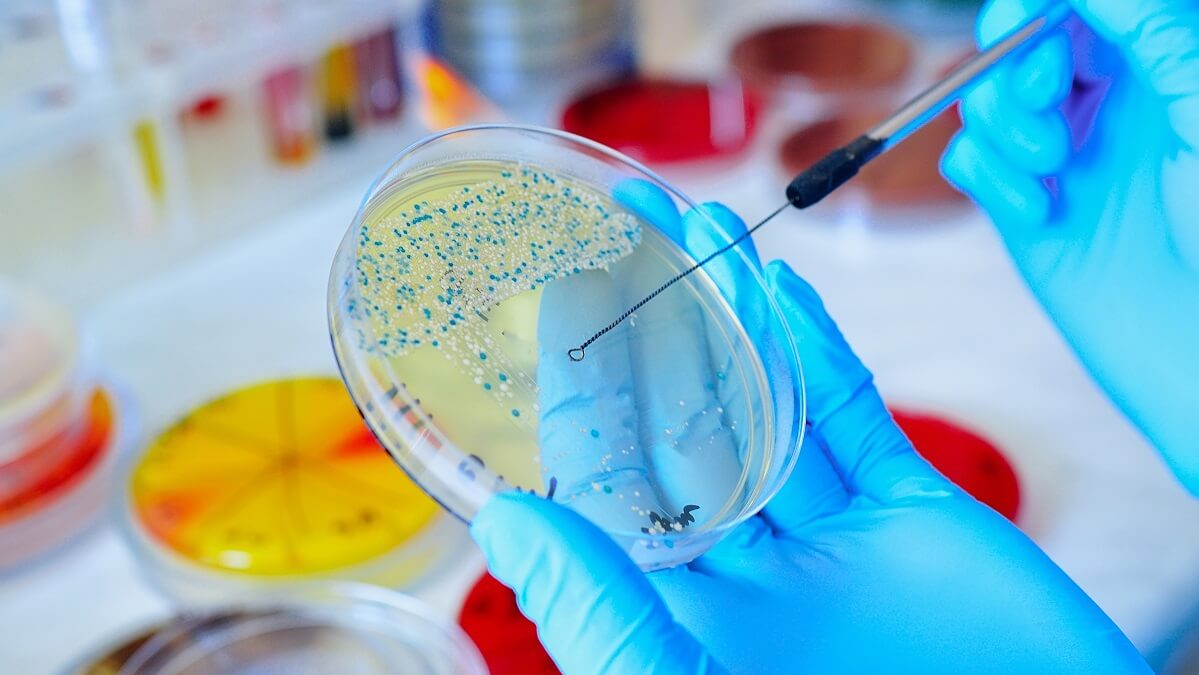Australia’s national science agency is warning of a ‘looming global health crisis’ that could spell the end of antibiotics as a treatment method.
A report co-produced by the Commonwealth Scientific and Industrial Research Organisation (CSIRO) and the Australian Academy of Technological Sciences and Engineering identifies antibiotic-resistant superbugs as the next big threat to global health.
It warns that without urgent action, a “post-antibiotic world” will result in declining longevity, poorer quality of life, and reduced livestock production, with “meat being rare and risky to eat”.
The report found that like many countries around the world, antimicrobial resistance (AMR) is increasingly becoming a problem and risks sending medicine back to a time when simple infections meant death.
Bacteria and other microbes generally become resistant to antibiotics through overuse or misuse. The World Health Organization (WHO) recently declared AMR to be one of the top 10 public health threats facing the planet.
Dr Branwen Morgan, leader of the CSIRO’s Minimising Antimicrobial Resistance Mission, says over-prescribing of antibiotics has caused this resistance and that has the potential to upend medicine as we know it.
“AMR could render some of the most critical antimicrobial drugs ineffective, undermining modern medicine and making us vulnerable to drug-resistant infections,” Dr Morgan says.
“It is responsible for over 1.27 million deaths globally each year and the number is rising. In Australia, modelling suggests AMR could potentially be responsible for over 5000 deaths annually.
“This report calls out the key challenges and opportunities for Australia to improve how we prevent, detect, diagnose and respond to drug-resistant infections and reduce the impacts of AMR.”
AMR comes at a time when climate change is rapidly increasing temperatures – and higher temperatures promote greater bacterial growth which in turn speeds up the AMR process.
In addition, three consecutive years of La Nina conditions have led to widespread heavy rainfall and flooding across Australia, which promotes bacterial growth.
These extreme weather events are set to become more frequent due to climate change, making the need to address AMR more apparent than ever.
So is there another avenue to treat bacterial infections?
Dr Morgan says it’s not as simple as just making new antibiotic drugs to replace those that are now failing as discovering new antibiotics is a slow and expensive process. New antibiotic formulations also have a very high failure rate, and most don’t make it to the human trial stage.
She says a lot more data needs to be collected about what antibiotics are being used and where.
“The big thing in Australia … is that we just don’t have enough information,” she told Guardian Australia.
“Oncologists say that it [AMR] is the second biggest cause of death in cancer patients.
“One of the recommendations of the report is to understand what data needs to be captured in a surveillance system and how that could be standardised, so we get a better picture of what is being given in the animal sector and also in [human healthcare].”
When was the last time you were prescribed antibiotics? How effective were they? Let us know in the comments section below.
Also read: We need to change how antibiotics work

